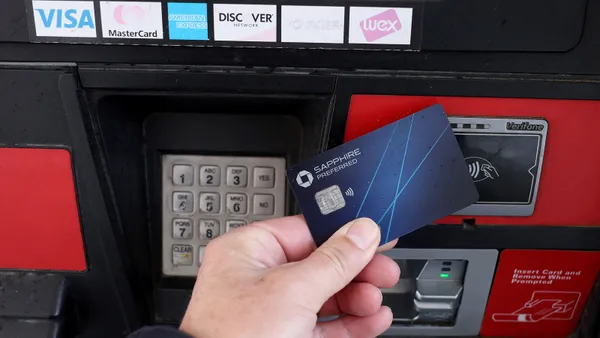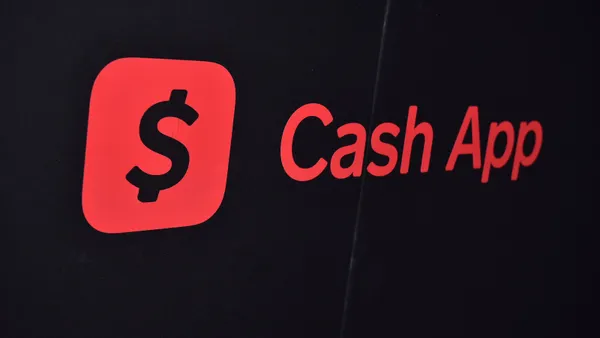Chase Gilbert is the CEO and co-founder of real estate and construction finance and payments software company Built Technologies.
Earlier this year, the White House issued a directive that could quietly reshape how money moves across America: by the end of September paper checks will no longer be the default for federal disbursements and collections.
It’s a long-overdue decision based on practical realities. Paper checks are expensive, slow, and insecure — 16 times more likely to be lost or stolen than digital payments, according to the U.S. Treasury. Supporting them costs taxpayers hundreds of millions annually in infrastructure, printing, and reconciliation.
This isn’t just about modernization for modernization’s sake. It’s about creating a safer, more efficient, more accountable financial system — one that can meet the expectations of a digital-first economy. And the private sector should take note.
Despite overwhelming evidence of inefficiency, paper checks are still widespread in business-to-business payments. One study showed 75% of companies still rely on checks despite high costs and better alternatives. That’s a risk and a drag on performance that many organizations can no longer afford.
At the heart of the problem is inertia: the idea that existing processes are “good enough,” or that change is too hard. But the longer we cling to outdated systems, the more exposure we create — to fraud, errors, compliance risk, and avoidable delay.
Digital payments are not only faster and cheaper, but safer. They leave a clear audit trail, enable automated controls, and give everyone involved — from CFOs to compliance officers — better visibility into the flow of funds. Done right, digitization doesn’t just move money more efficiently; it transforms how businesses operate.
We’re already seeing signs of momentum. In industries as complex and fragmented as real estate and construction, digital collaboration platforms are streamlining multi-party transactions and accelerating capital flows. In some sectors, speed and transparency in payment workflows have become a competitive differentiator.
It’s time to elevate digital payments from a back-office upgrade to a strategic imperative. This is about resilience, risk management, and unlocking capital that’s otherwise trapped in limbo.
If the federal government — the largest payer in the country — can say goodbye to paper checks, private industry can too, not because it’s trendy, and not because it’s digital. But because it’s the smarter way to do business.












